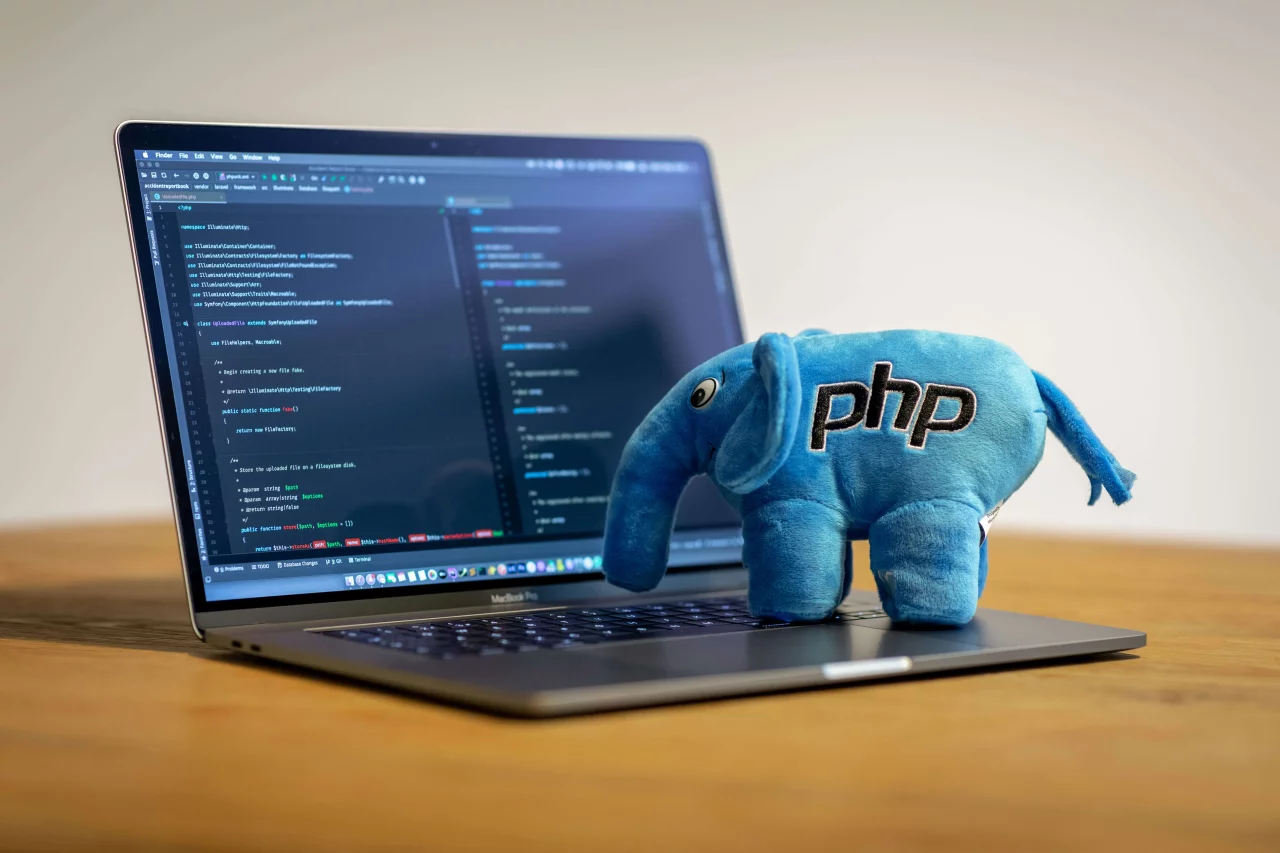Master PHP performance optimization with tools like Xdebug and Blackfire. Improve speed using caching, profiling, and efficient code practices.
PHP performance optimization is crucial when scaling applications. By leveraging profiling tools like Xdebug and Blackfire, and applying smart caching and code strategies, developers can drastically enhance backend speed. This article dives into real techniques to make your PHP performance optimization work for high-traffic, real-world projects.
Top PHP Performance Optimization Strategies
Performance in PHP applications cannot be considered a mere luxury, whether in the case of building or maintaining. Performance enables the PHP application to offer users a frictionless interaction interface, a scalable application, and a reduction in operational costs. By performance in PHP, we not only mean faster page loading, but we also refer to:
- User experience
- Cost for the server and infrastructure
- Search engine ranking
Slow-loading web pages infuriate users; hence, they have higher bounce rates and are less engaging. The era is digital and highly competitive; therefore, users want websites and applications to be served instantly. If the application does not respond fast enough, they would rather take their business elsewhere. From a technical and financial point of view, inefficient code or incomplete database queries often eat up server resources unnecessarily. It leads to higher hosting costs in a cloud environment where they bill based on usage, even by the minute, query, or CPU cycle time. And in the operation of large-scale applications or APIs, any little inefficiency in the codebase can rapidly scale to create performance bottlenecks and expensive downtime.
Finally, search engines, including Google, determine page speed and use it to rank websites. Poor PHP performance can hinder your SEO efforts, thus hurting traffic to your site. Hence, optimizing PHP performance is not just a backend concern.
Start with Profiling Tools
Before optimizing unquestioningly, measure. Profilers help pinpoint bottlenecks in code execution.
Xdebug
Xdebug is a free, open-source profiler.
- Generates trace files to visualize function calls
- Useful with tools like Webgrind or QCacheGrind
- Ideal for development environments
To use:
xdebug.mode=trace
xdebug.output_dir="/var/log/xdebug_profiles"
Analyze the .cachegrind output to spot slow functions or excessive loops.
Blackfire.io
Blackfire offers more advanced profiling with:
- Visualization graphs
- Comparisons between builds
- Integration with CI/CD
It helps developers spot not just what’s slow, but why.
Caching: Your Best Performance Ally
Opcode Caching with OPcache
opcache.enable=On
opcache.memory_consumption=192
It's a must for any production server and often improves performance by 2–3×.
Object and Data Caching with Redis or Memcached
Instead of querying the database for every request, cache:
- Query results
- API responses
- Rendered views
$cache = new Redis();
$cache->connect('localhost');
$cacheKey = 'profile:456';
if (!$profile = $cache->get($cacheKey)) {
$profile = fetchUserProfile(456);
$cache->set($cacheKey, serialize($profile), 300);
}
HTTP-Level Caching
Use caching headers:
Cache-Control: public, s-maxage=3600ETag: "etag-456"
Code-Level PHP Performance Optimizations
// Bad:
for (...) {
$account = fetchAccountInfo($userId); // expensive operation
}
// Better:
$account = fetchAccountInfo($userId);
for (...) {
// reuse $account
}
String vs Array Operations
Use faster constructs, for example:
implode(',', $array); // faster than manual loops
Database Optimization for PHP Developers
Use Prepared Statements
$stmt = $pdo->prepare("SELECT * FROM users WHERE email = ?");
$stmt->execute([$email]);
Add Proper Indexes
CREATE INDEX idx_email ON users(email);
Use EXPLAIN in MySQL to analyze how queries are executed.
Use Efficient Data Structures
- Arrays are faster for most uses
- Generators (
yield) help with large datasets
function getLines($filePath) {
foreach (file($filePath) as $line) {
yield $line;
}
}
Autoloading and Class Design
- Use PSR-4 autoloading via Composer to load only needed classes
- Avoid bloated classes
- Use static methods sparingly – they can't be replaced or mocked in tests
Optimize Frontend from PHP
- Minify assets (via build tools)
- Set appropriate response headers
- Compress output with
ob_gzhandler
ob_start("ob_gzhandler");
Monitor and Iterate
Use APM Tools in Production
- New Relic
- Datadog
- Tideways
Log Slow Operations
$start = microtime(true);
// ... some code ...
$elapsed = microtime(true) - $start;
if ($elapsed > 1.5) {
error_log("Slow operation: $elapsed seconds");
}
Final Thoughts: PHP Performance Optimization
Proper PHP performance tuning guarantees that solutions are scaled and user-friendly. Profiling with Xdebug and Blackfire pinpoints bottlenecks; caching, better code, and indexing of the database remove bottlenecks. It's not just about speed for PHP performance.







